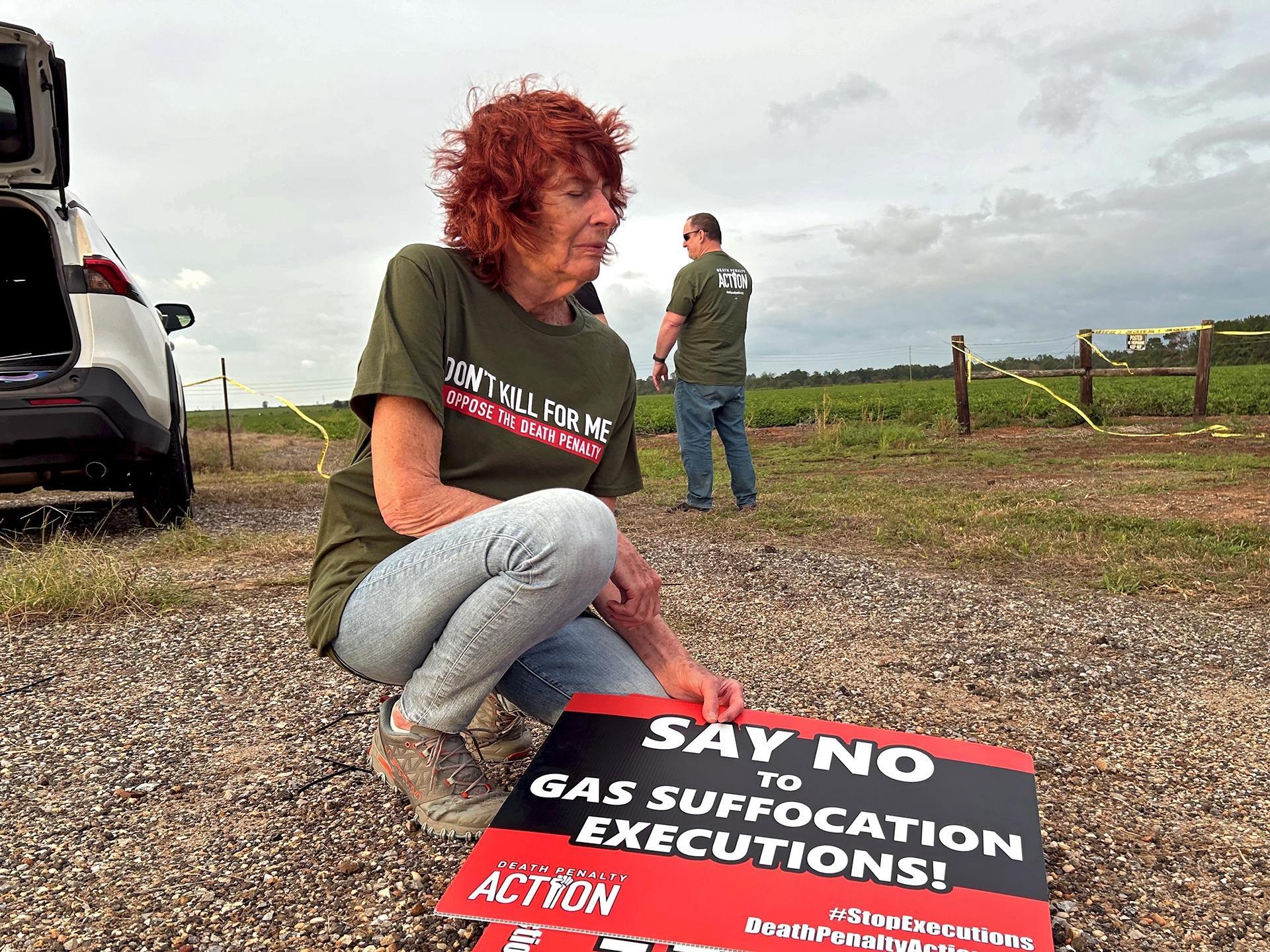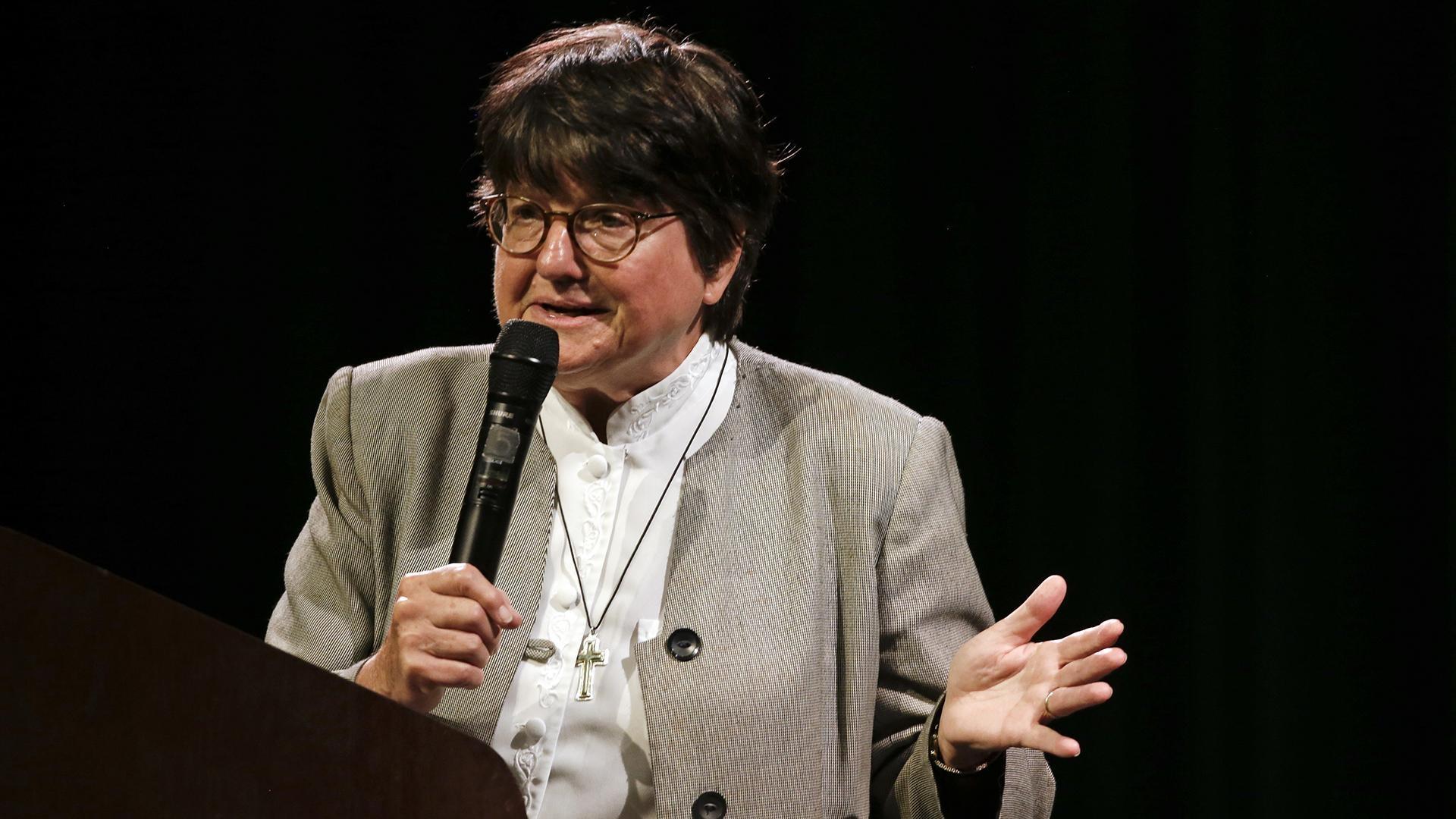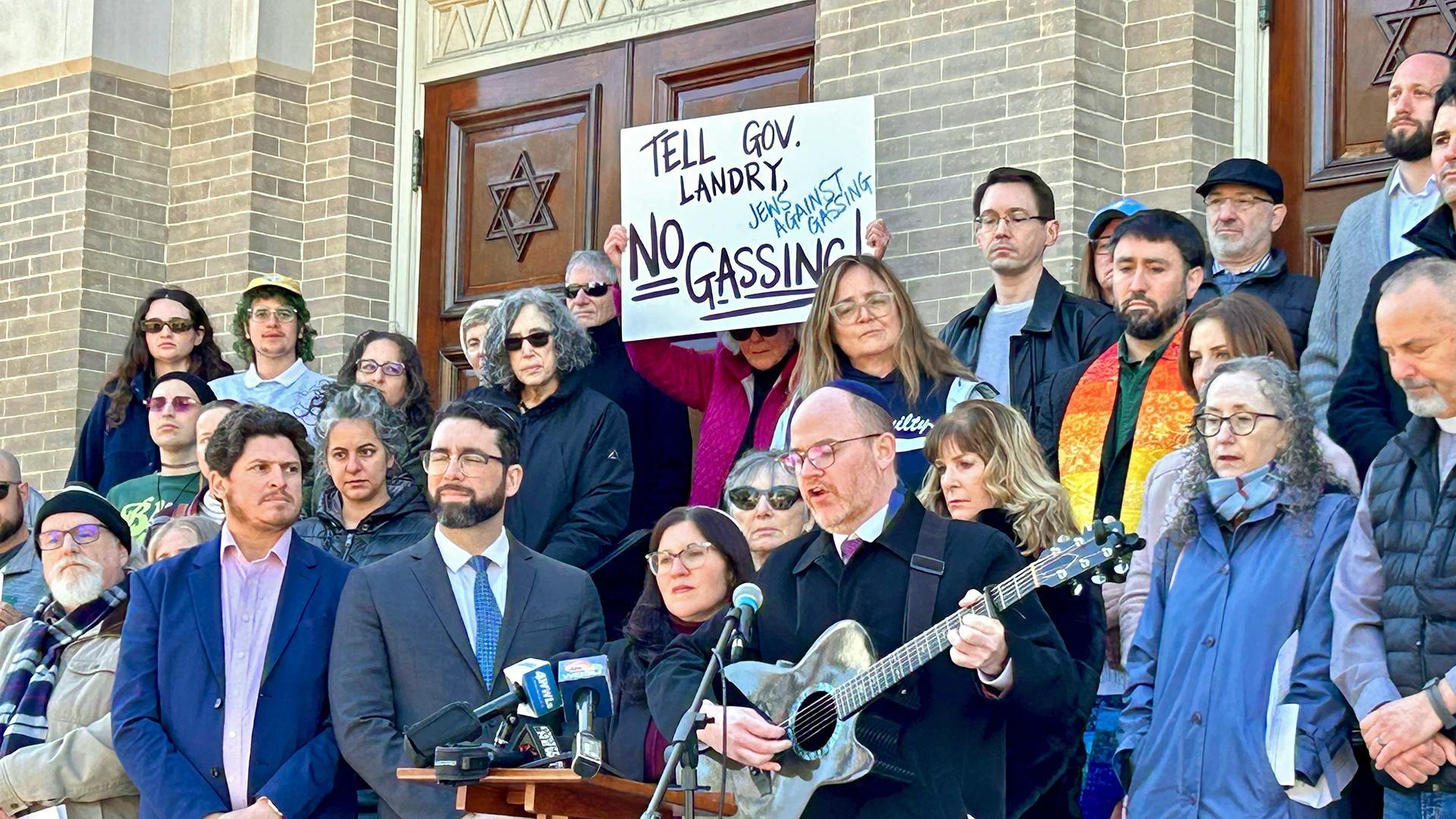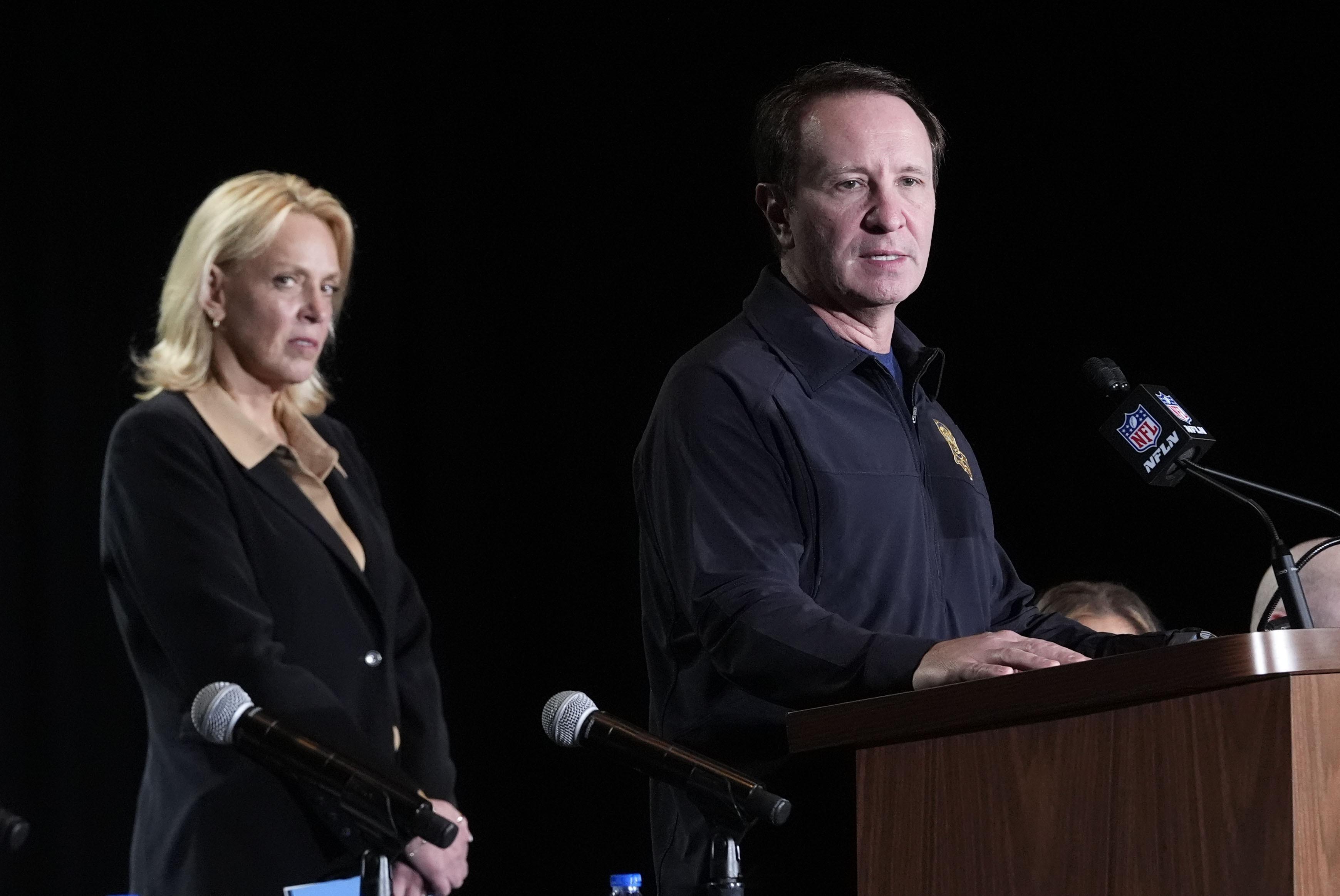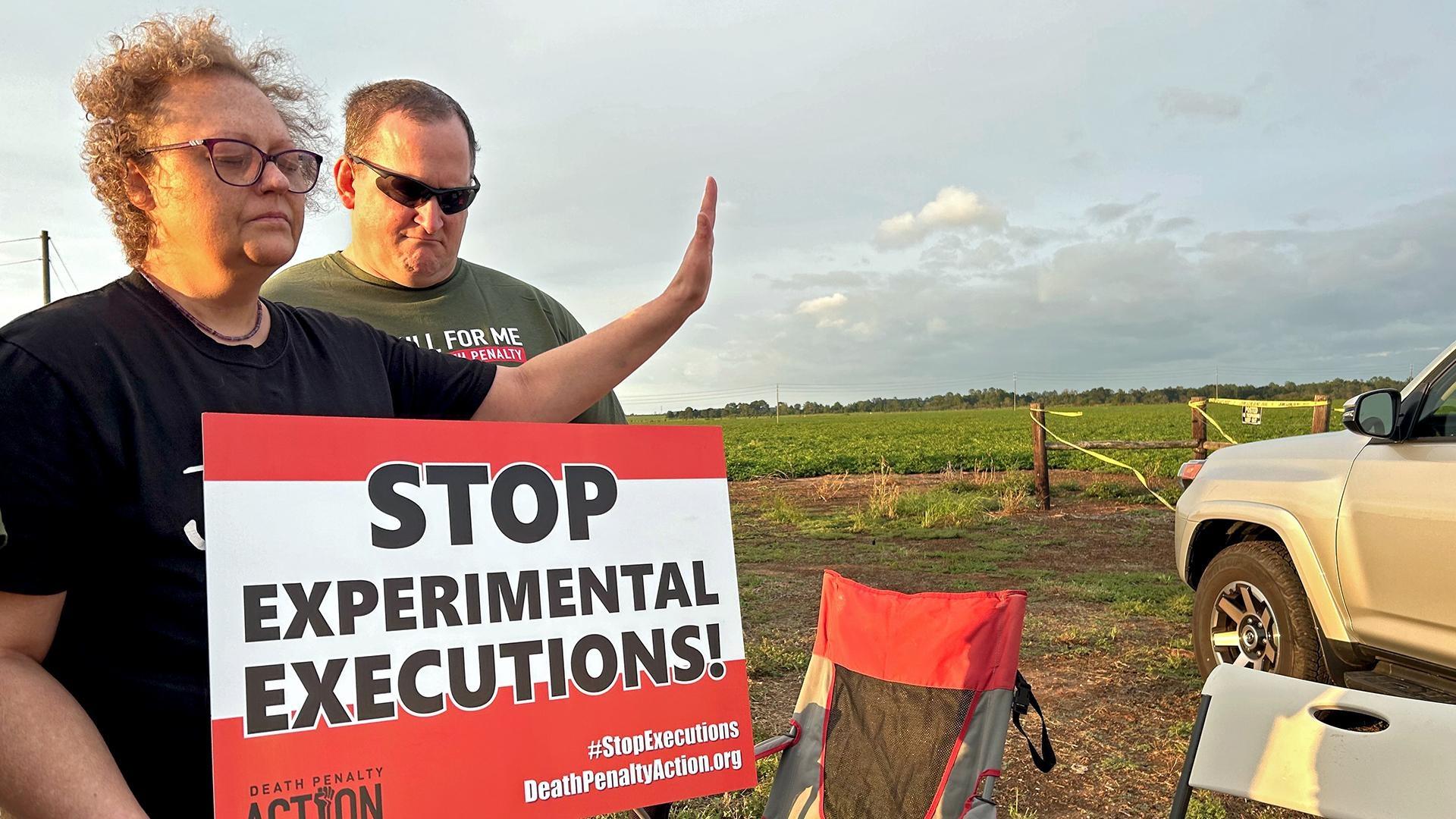Louisiana's recent push to resume executions has thrust religious opposition to the forefront, energizing a coalition of people from different faiths who oppose the state's plan to carry out death sentences.
That loose coalition comprises advocates from Catholic, progressive Protestant and Jewish traditions, the latter of whom don't universally oppose capital punishment, but decry Louisiana's aim to execute people by nitrogen gas.
Work by the diverse group of faith advocates mirrors that seen among death penalty opponents elsewhere in the South, experts said. It also shows how this issue aligns an interfaith group who may not necessarily share views on other hot-button social topics, such as abortion.
There's a history of religious engagement with social questions, especially about violence, crime and punishment, said Timothy Gutmann, an assistant professor of philosophy and religion at the University of Southern Mississippi. But he noted a curiosity about these arguments being put forth in the politically-conservative South.
"The South has always been the most religious region, and it's probably the region that's least persuaded by the faith-centered arguments in favor of civil rights and opposition to the death penalty," he said.
Religious death penalty opponents in Louisiana are working in response to recent movement on executions, which had been dormant since 2010. But legislation last year led to an expansion of the state's execution methods to include nitrogen gas and electrocution.
Louisiana cleared a path to resume executions via the gas method after difficulty obtaining the drugs used for lethal injections. Mississippi, Alabama and Oklahoma have also moved to legalize the gas method,but only Alabama has carried it out.
Earlier this month, Gov. Jeff Landry announced the state finalized an official protocol for the nitrogen gas method, which is controversial. That led to the signing of death warrants, including for an elderly man who died of illness. One execution by gas, of Jessie Hoffman, is set for March 18, though court challenges to that case are ongoing.
In response, religious leaders have rallied, penned editorials and called on supporters to mobilize via phone calls, social media videos and emails. Sister Helen Prejean, the noted death penalty opponent from Louisiana, said in a phone interview that faith leaders are joined by human rights activists in their opposition. She said that includes objection to the gas method as "so obviously terrible and cruel."
Prejean was critical of officials trying to score "political points" by pushing for executions and to be seen as "tough on crime." She said officials engage in "selective" interpretations of the Bible to justify their actions, but that those contradict the conclusions of the Catholic Church.
"Who are we to decide that life can be terminated, and that people are finished and can't change?" Prejean said.



